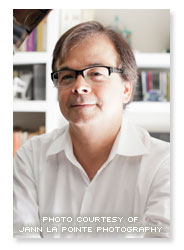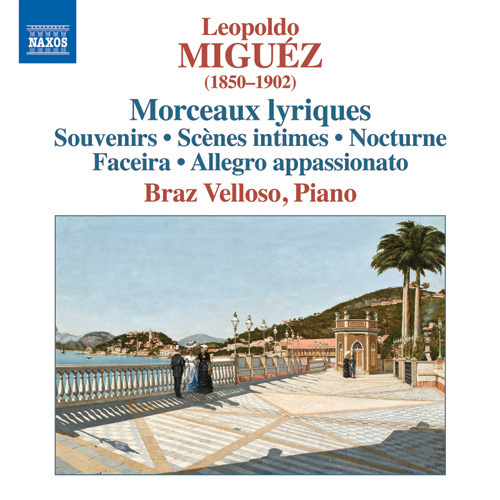MIGUÉZ, L.: Piano Music - Morceaux lyriques / Souvenirs / Scènes intimes / Noturno / Faceira / Allegro appassionato (Velloso)
Leopoldo Américo Miguéz trained as a violinist, but became a significant figure in his home country of Brazil as director of the National Institute of Music. His musical influences can be traced to his time in Europe, where the music of Wagner and Liszt made a deep impression. Miguéz’s piano pieces were aimed at Brazil’s society elite, but the Chopin-like technical demands of works such as the Allegro appassionato reflect the brilliance of his pianist colleague Arthur Napoleão. Well-known works such as the Nocturne, Op 10 can be found here alongside the nostalgic Lamento, light-hearted Faceira (Valse-Impromptu) and burlesque Scherzetto.
Tracklist

Pianist Braz Velloso began his musical studies at the Brazilian Conservatory of Music of Rio de Janeiro. Among his teachers were Homero Magalhães, Estela Caldi and Lucia Branco. From 1972 to 1974 he participated in the summer Pro Arte in Terezopolis in the classes of Bruno Seidhofer and Homero Magalhães. Winner of the Guiomar Novaes and Alcinda Navarro Competitions, he was invited to inaugurate the Young Recitalists’ Competition. In 1975 he went to Paris with a scholarship from the French government to study with Monique Deschaussées in the European Conservatoire, and in 1977 entered in Ecole Normale de Musique in Paris in the class of Marian Rybicki, unanimously obtaining the Diplôme Supérieur d’Enseignement, as well the Albert Roussel scholarship for perfection. From 1980 to 1985 he attended the masterclasses of Monique Déchausées in Barcelona and of Leon Fleisher and Magdalena Tagliaferro in Paris. Appearing in concert as a soloist and chamber musician in Poland, Portugal, Spain and France, as well as his native Brazil, he also conceived and performed three events combining piano, text and dance, projects that toured in many cities in Brazil as well as Paris. Braz Velloso’s recordings include two CDs with works by Debussy, Prokofiev and Mussorgsky, as well as two CDs with works by Henrique Oswald and Leopoldo Miguez.
Leopoldo Miguéz was born in Niterói but his family moved to Spain when he was just two. They lived in Vigo until 1857, after which they settled in the Portuguese city of Porto. Miguéz studied violin with Nicolau Medina Ribas and harmony and composition with Giovanni Franchini. In 1870, the family returned to Brazil. Twelve years later, in France and armed with a letter of introduction from Emperor Pedro II, Miguéz met leading composers such as Ambroise Thomas, director of the Paris Conservatoire, Vincent d’Indy and César Franck. It was also at this time that he came into contact with the music of Wagner. In 1890, soon after Brazil had become a republic, the Conservatory was transformed into the National Institute of Music and Miguéz was appointed its first director.































